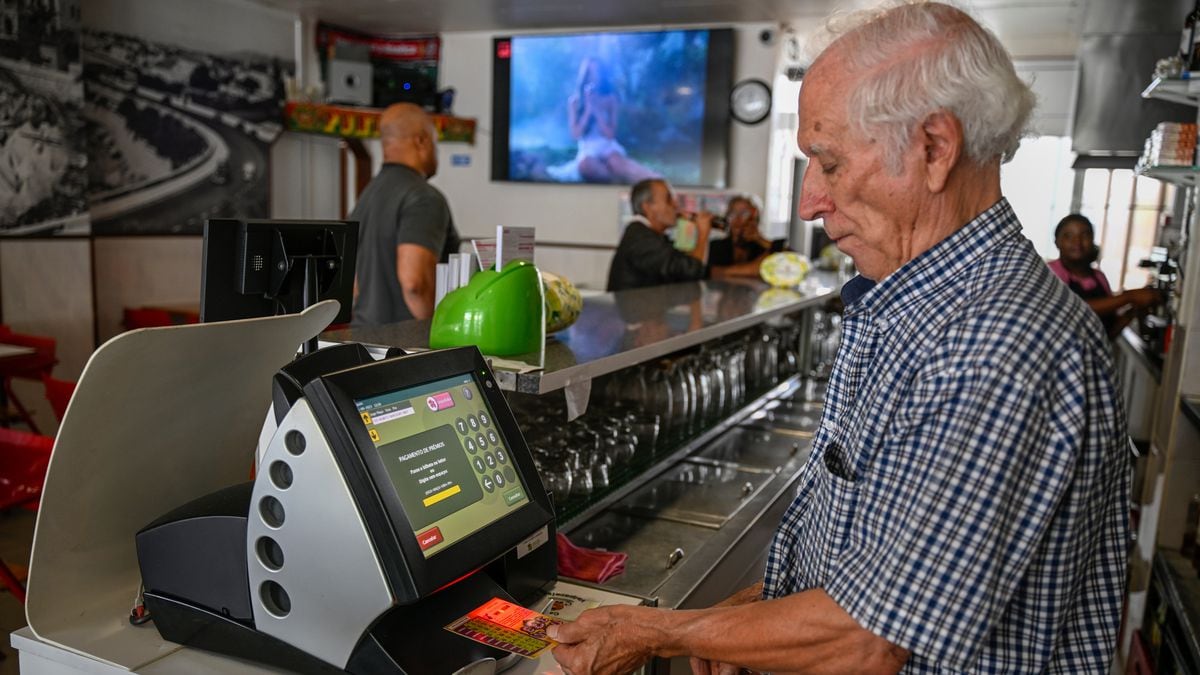Enlarge image
Early Christmas holidays at schools (symbol picture): "A short break from studying is not the problem"
Photo: Political-Moments / IMAGO
SPIEGEL:
In Saxony-Anhalt and Brandenburg, the Christmas holidays have been extended by a few days; elsewhere there are discussions about it.
For example, the Greens chairman Robert Habeck has spoken out in favor of bringing the start of the holidays forward if the incidence is high.
What effects do longer holidays have on children and young people?
Helbig: At first
this is not a disaster.
The contacts have to be reduced in the current situation, because early Christmas holidays would be a compromise.
Three more days, as currently planned in Brandenburg, for example, are of little consequence.
Overall, the holidays do not last longer than in Bavaria, for example.
SPIEGEL:
Ralph Brinkhaus, chairman of the Union parliamentary group in the Bundestag, is calling for one to two weeks longer vacation.
Helbig:
Even a week or two more would not be a problem - at least not for the students.
More likely for the parents, because they would have to take care of childcare again.
The question is what happens afterwards.
SPIEGEL:
So whether the schools will close longer again?
Helbig:
That too.
Last winter it took a lot longer for the schools to reopen.
But a short break from studying is not the problem.
SPIEGEL:
What then?
Helbig:
What is difficult is that the pressure will increase.
The teachers have to accelerate even more to catch up with the material.
But there is no time for that.
And the learning deficits are already there from the previous waves.
So the really big drama has already started.
SPIEGEL:
How big are the gaps?
Helbig:
We are poking around in the fog when it comes to this question.
After the second lockdown, there is a survey with third graders from Hamburg.
The learning gaps in math and reading were there, but much smaller than feared.
However, no conclusions can be drawn from this for all age groups, subjects and federal states.
In early 2022 I expect results on fifth graders in Baden-Württemberg.
Until there is really good information for fourth graders in all federal states from the so-called IQB country comparison, it will probably take until next autumn.
SPIEGEL:
In addition to knowledge, it's also about togetherness and wellbeing.
Helbig:
There are some studies on the social and emotional effects, but the approach is quite different.
Young people were often asked about how much they felt stressed by the pandemic.
It is clear that the school closings have had a negative impact in most cases.
Schoolchildren who were not doing well often missed a lot, and they are more behind.
They in particular should catch up a lot now.
SPIEGEL:
If you felt bad, did it get worse now?
Helbig:
Social inequalities increased during school closings.
This is suggested by international studies and the survey in Hamburg.
It is not clear to me how socially disadvantaged children with major learning deficits should catch up and learn new material at the same time.
The problem here is that the gaps can widen further if pupils are to continuously connect to learning content that overwhelms them.
Over the course of school, arrears of a few months can grow into arrears of a year or more.
SPIEGEL:
And for children in other parental homes, homeschooling isn't a big problem?
Helbig: In
principle, homeschooling was challenging for all families.
If you take the high school graduation grades, however, the results for the last year were consistently top marks.
At first glance, this suggests that the quality has not suffered.
But changes were and will be made to the implementation of the final classes and the Abitur exams.
Perhaps the teachers were also milder in their ratings.
In Saxony, for example, significantly more children received a recommendation for high school than before Corona.
SPIEGEL:
What would be important for schools now?
Helbig:
honesty.
Politicians would either have to say: We'll let the infection process run now - for one reason or another.
Or just the opposite: we want to stop the increase in numbers, at any cost.
There is no clear course and clear communication about the health risks of corona infection in children and adolescents.
The abolition of compulsory attendance in some federal states shifts the balance to the parents.
But overall, there has already been a rethink compared to last winter.
In any case, I was impressed that Markus Söder in Bavaria is also leaving schools and daycare centers open in the circles that are in lockdown due to an incidence of 1,000.















